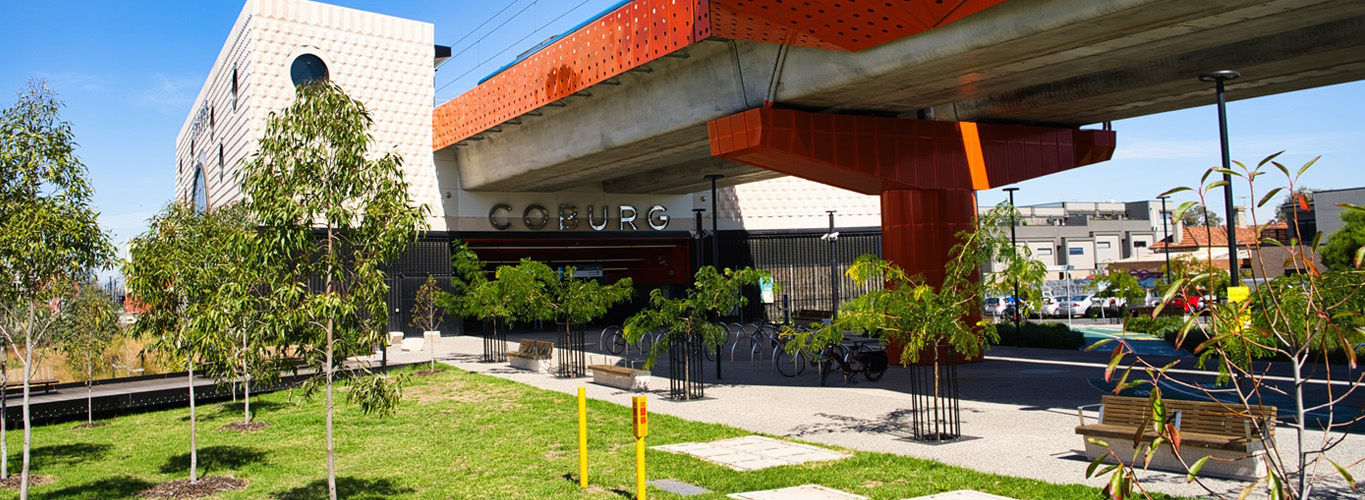
Environment
Protecting and conserving the natural environment
The railway network and the natural environment co-exist. At Metro, it’s important we make environmentally responsible decisions that consider both current and future impacts to help protect and conserve the natural environment within which we operate.
Metro has an Environmental and Sustainability Policy and ISO 14001 certified Environmental Management System to identify and manage environmental risks and impacts from our operation. Our goal is Zero Harm.
Metro become the first rail operator to achieve an Infrastructure Sustainability Council IS Operations Rating of ‘Excellent’ in 2020. The IS Rating tool measures sustainability performance across 15+ environmental, social and governance categories. Find out more at Infrastructure Sustainability Council.
Climate Change
Public transport plays a key part in net zero emissions.
Climate change is one of the world’s most pressing issues, posing risks and significant impacts to a broad range of human and natural systems and economic growth.
We are committed to further improving our operational sustainability performance and partnering with the Department of Transport and Planning on renewable energy, greenhouse gas emission reduction opportunities and climate change adaptation.
Since 2021, Metro has delivered LED lighting upgrades at 19 railway stations as part of a pipeline of energy efficiency initiatives. Replacing high pressure sodium and fluorescent lights with LED lighting has achieved average energy savings of 30 per cent across the upgraded stations.
Biodiversity
We’re protecting and restoring biodiversity values.
Railway corridors play an important biodiversity function across our city and rural landscapes.
The railway network retains some of Australia’s rarest biodiversity values, including unique flora and fauna habitat and plant communities. The radial layout of the network also means it plays an important role in connecting larger habitat nodes across greater Melbourne.
Metro is delivering an industry leading biodiversity initiative known as the Biodiversity Management Plan. This program works to protect and restore sites of biodiversity significance (biosites) across the network, through delivery of site-specific ecological restoration.
To date, the Biodiversity Management Plan program has increased the abundance of threatened species within biosites by 314 per cent.
Circular Railway Operations
A sustainable network for the future.
Efficient use of resources and transitioning to a circular economy are key aspects of making sure our railway can operate sustainably for future generations.
In 2023-24 Metro is undertaking a Circular Railway Operation study to identify opportunities and commence transition to a more circular approach to how we manage materials and waste.